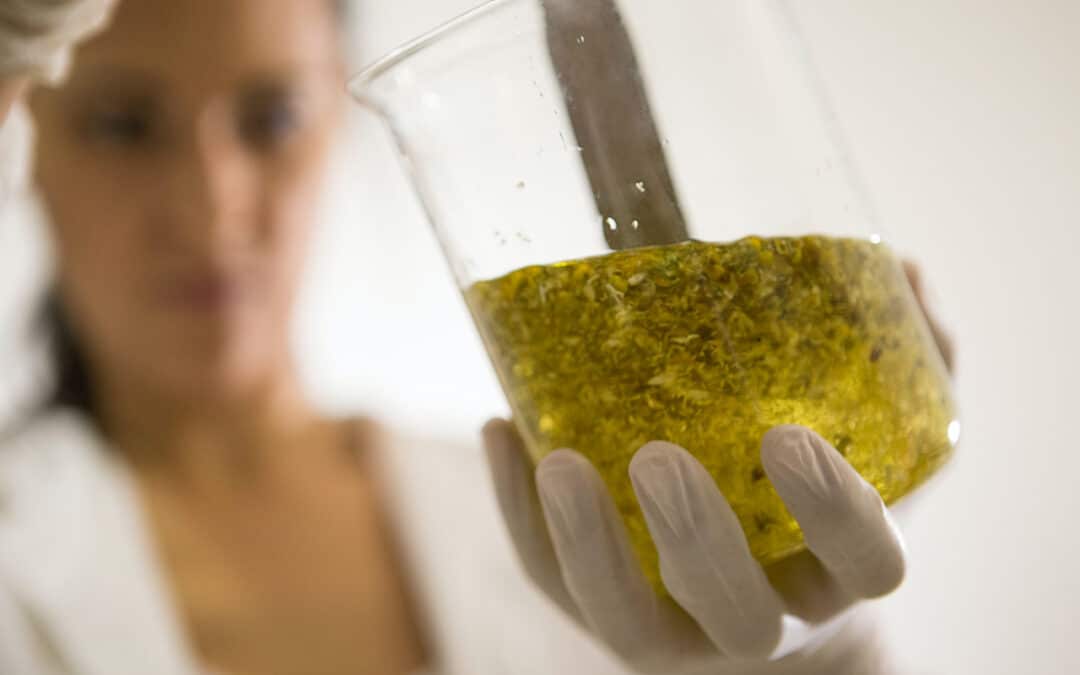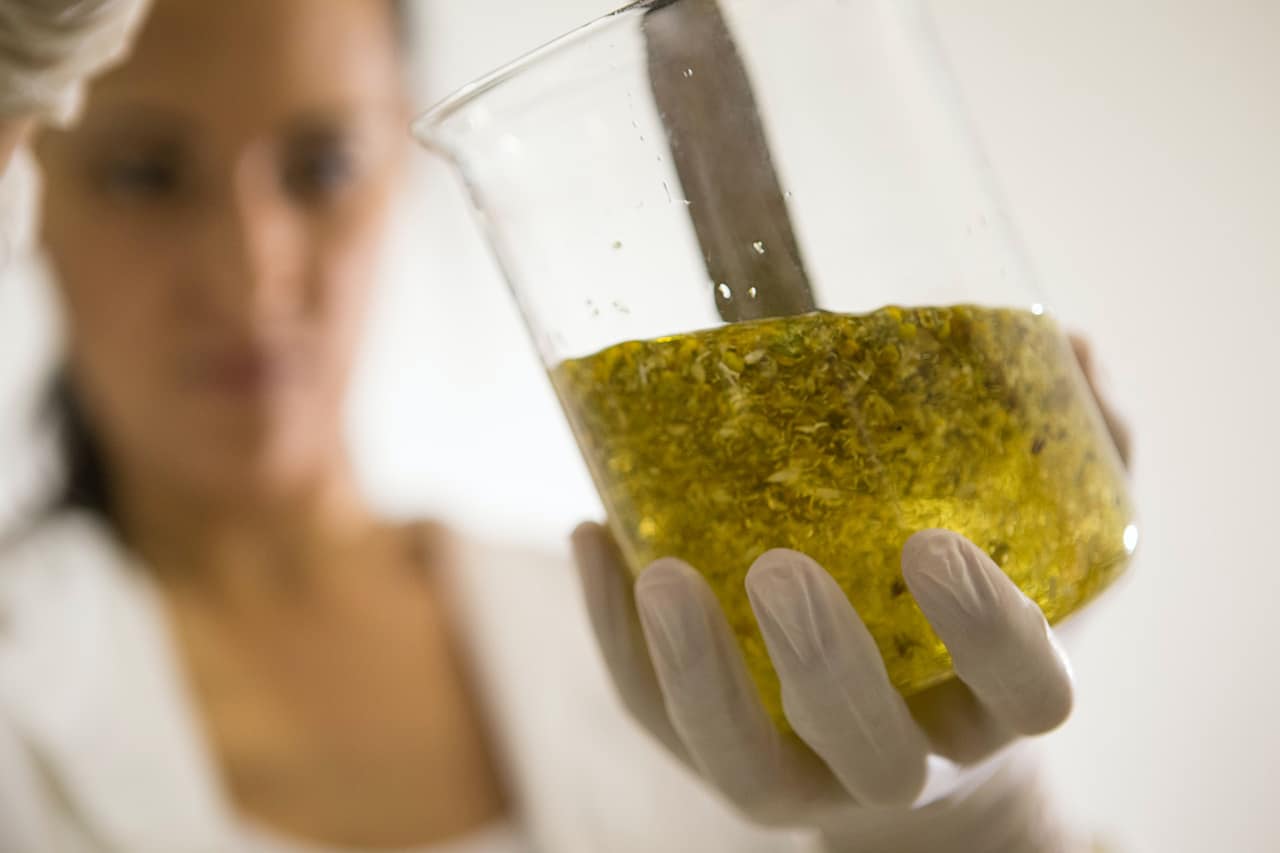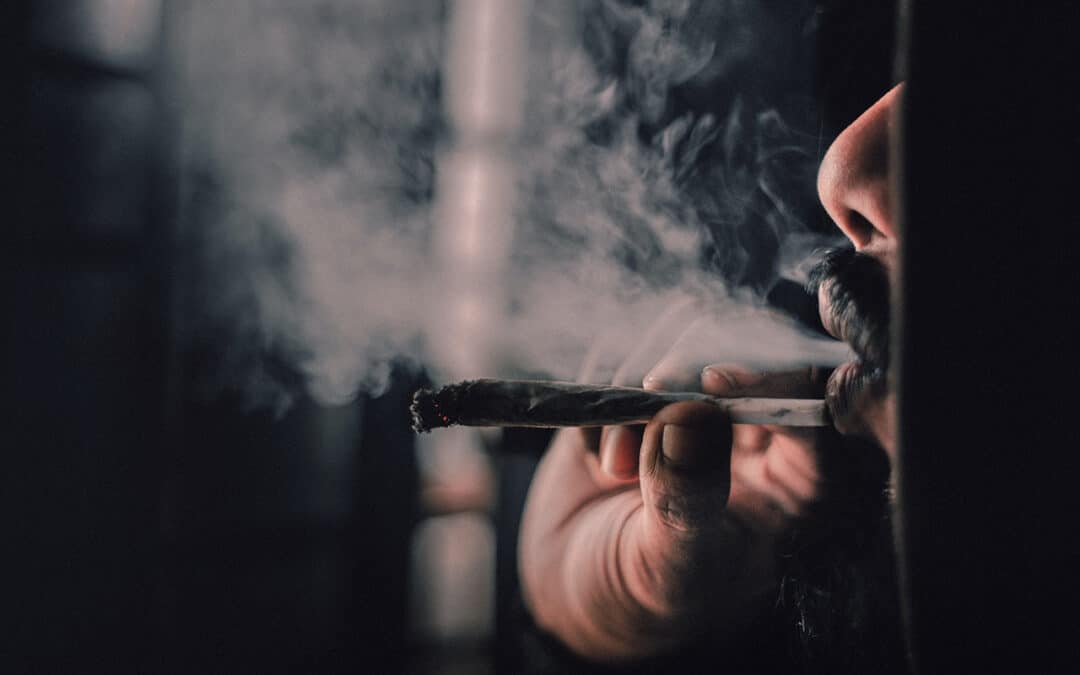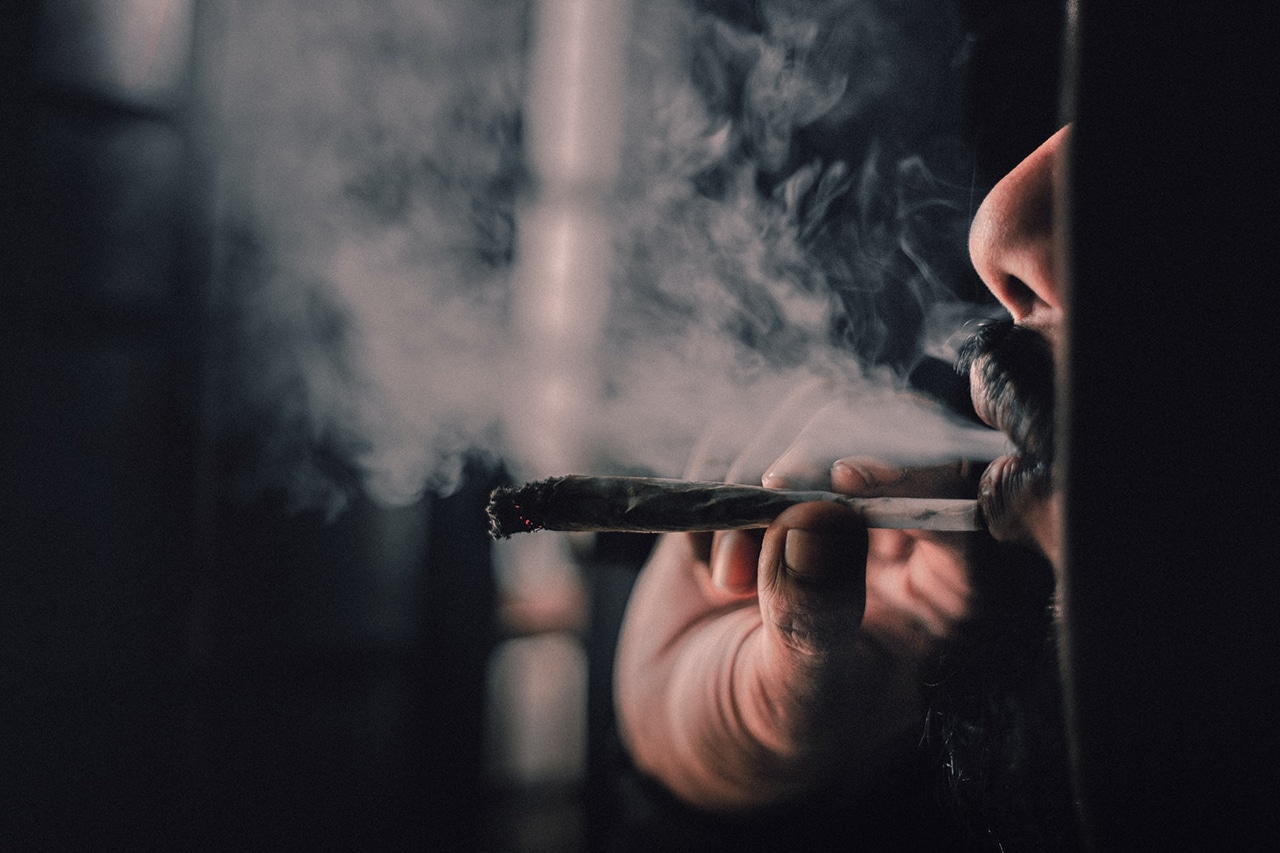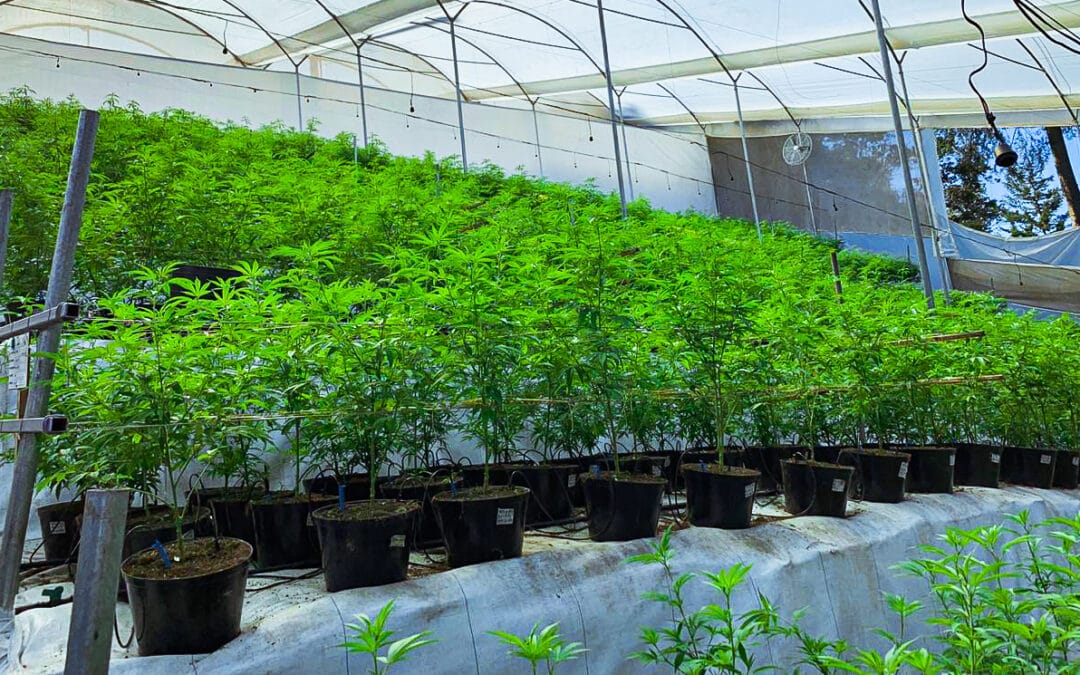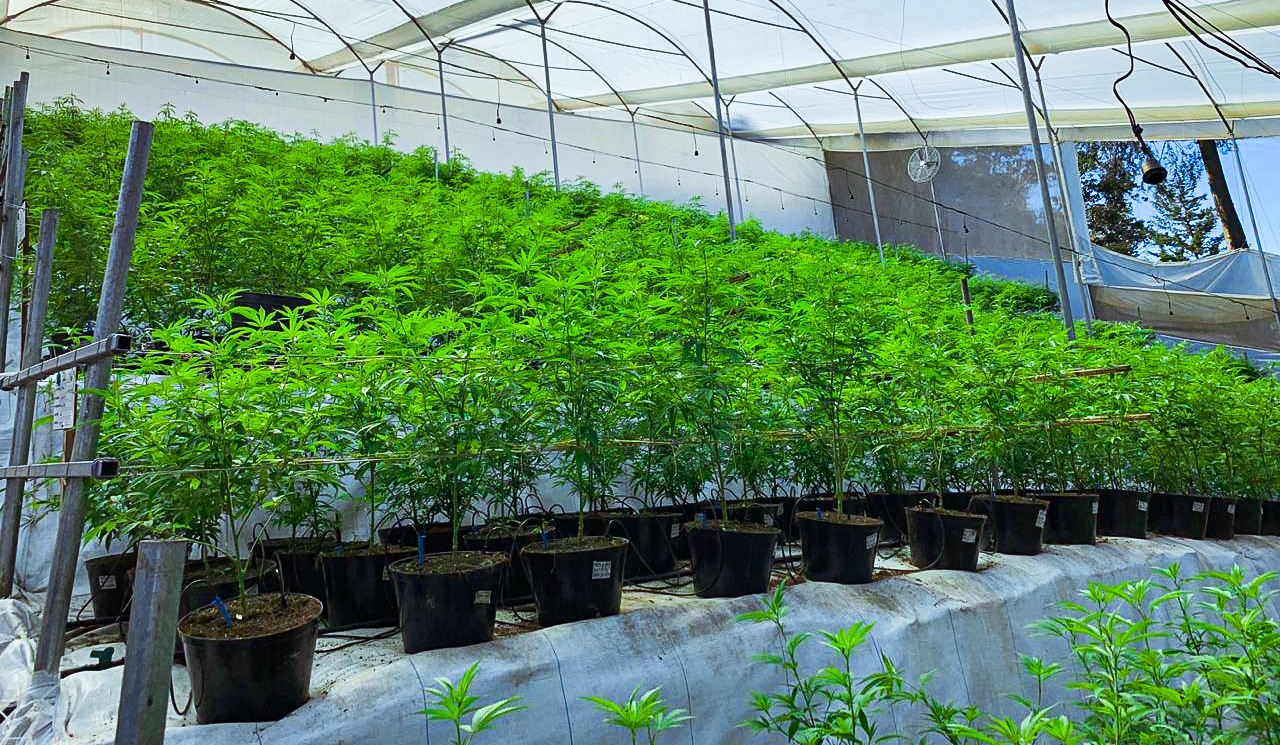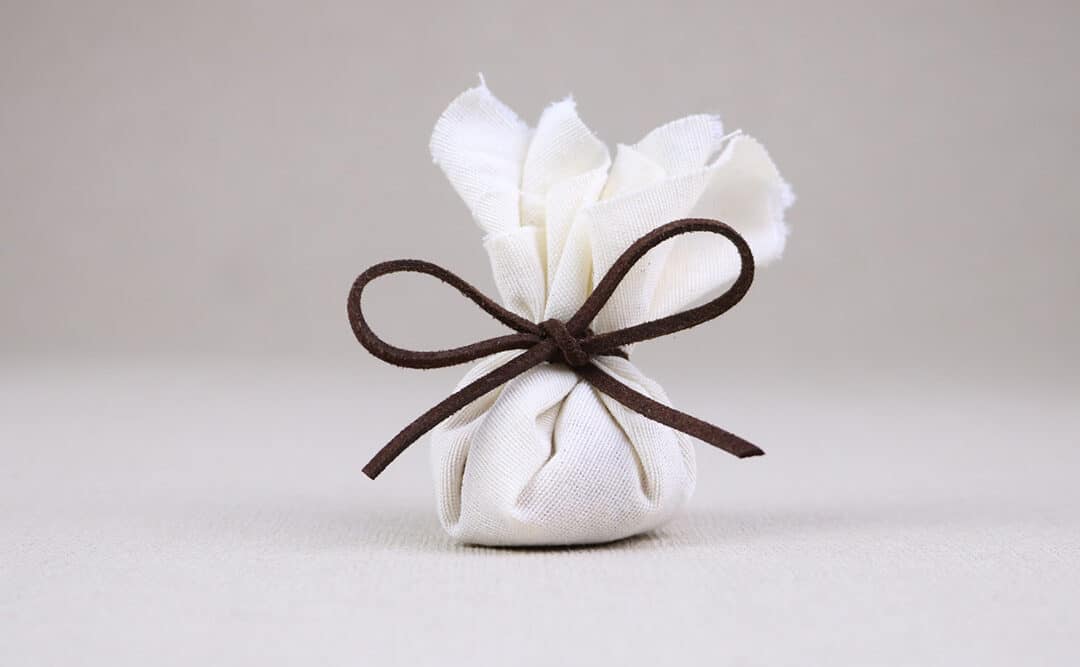
Connecticut tries to crack down on cannabis gifting
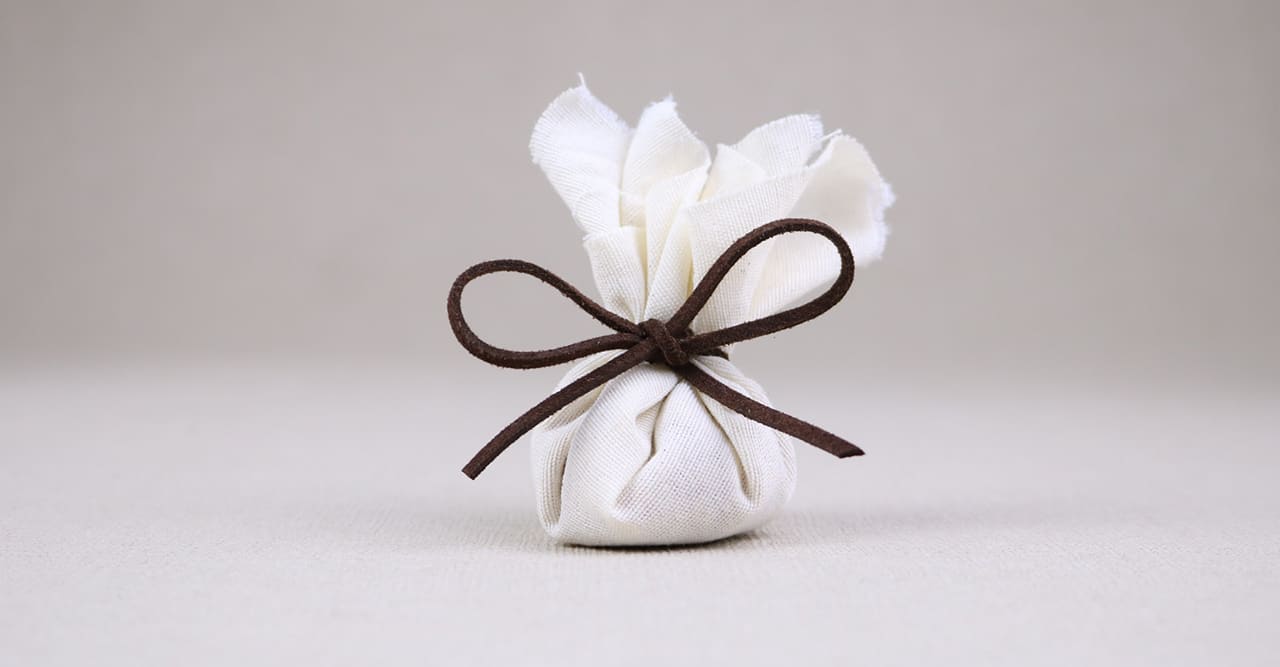
Hundreds of shoppers filtered through rows of vendors selling novelty art and clothing earlier this year at High Bazaar, a Hamden festival where a “gift” of a marijuana product often accompanied the items they purchased.
But the High Bazaar parties are on hold for now, after the town of Hamden claimed permitting violations. And while a hearing in that civil case is scheduled for later this week, the state legislature is considering a bill that would outlaw such “gifting.”
House Bill 5329 would impose up to a $10,000 fine and a year of jail time on violators. Supporters of the legislation said it would help keep sales in the market regulated, although some hemp and cannabis advocates were wary that it would re-criminalize marijuana.
The bill also includes provisions to cap the number of equity joint ventures for producers and to outlaw billboard advertising. Equity joint ventures allow partnerships between social equity applicants and other cannabis businesses.
“We appreciate that gifting will go on between people in the privacy of their homes,” said Rep. Mike D’Agostino, a Democrat who represents Hamden. “An event that’s organized, that rents space and is really a market just violates the entire intent of the statute that we put in place last year.”
D’Agostino chairs the General Law Committee, which heard public comments on the bill Tuesday.
Cannabis gifting is a practice that’s been used in Washington, D.C., where recreational marijuana sales aren’t allowed but possession of less than 2 ounces has been decriminalized. Vendors sell consumers a product such as a T-shirt, and a cannabis product is included as a gift.



